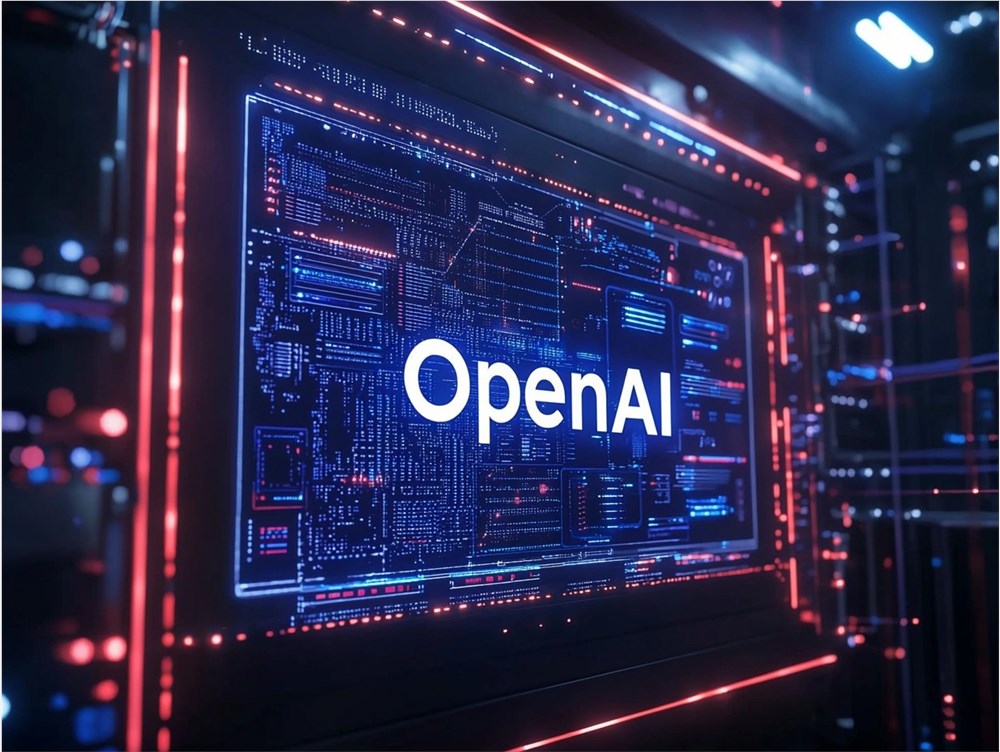Altman Predicts AI Science Breakthroughs and Humanoid Robots by 2035
AI Poised for Scientific Discovery, Says OpenAI CEO
In a revealing interview with his brother Jack Altman, OpenAI CEO Sam Altman shared bold predictions about artificial intelligence's near future. He believes AI systems will make autonomous scientific discoveries within 5-10 years, with astrophysics likely being the first field transformed due to its data-rich nature and researcher shortage.

"The current O3 model already demonstrates reasoning equivalent to top doctoral students," Altman stated, noting AI's surprising progress in solving complex math problems and expert-level research questions. He emphasized that scientific discovery represents AI's next frontier - one that will "overshadow all other applications."
The Humanoid Robot Revolution
Altman identified humanoid robots as the physical manifestation of AI's potential. "When excellent humanoid robots walk our streets in 5-10 years, that's when people will truly feel the future has arrived," he predicted. Unlike software-based AI like ChatGPT, physical robots would create more tangible societal changes.
The Superintelligence Paradox
Despite his optimism, Altman expressed concern about what he calls the "superintelligence paradox" - where advanced AI might not significantly improve society or change lifestyles. "Even with an IQ of 400, we might see minimal real-world impact," he mused, comparing it to how ChatGPT hasn't fundamentally altered most people's daily routines despite its capabilities.
OpenAI's Ecosystem Vision
The CEO outlined OpenAI's ambitious plan to create an omnipresent "AI companion" ecosystem. This system would understand user goals across multiple interfaces while providing seamless assistance. "The critical challenge is becoming both the integrated platform and the integration itself," Altman explained.
Talent Wars with Meta
Altman revealed Meta views OpenAI as its primary competitor, offering "hundreds of millions in signing bonuses" to poach talent. He criticized this approach, arguing OpenAI's "culture of repeatable innovation" creates better long-term value than high salaries alone.
Energy and Space Solutions
Addressing AI's growing energy demands, Altman championed fusion and advanced nuclear power as solutions. He speculated humanity may eventually need to harness solar system resources as Earth's capacity proves insufficient.
Key Points:
- Scientific discovery will be AI's next major breakthrough (5-10 year timeframe)
- Humanoid robots expected to become commonplace within decade
- Superintelligence paradox warns tech advances may not equal societal progress
- OpenAI building comprehensive AI companion ecosystem
- Meta engaging in aggressive talent wars with massive offers
- Future energy solutions include fusion and space-based resources